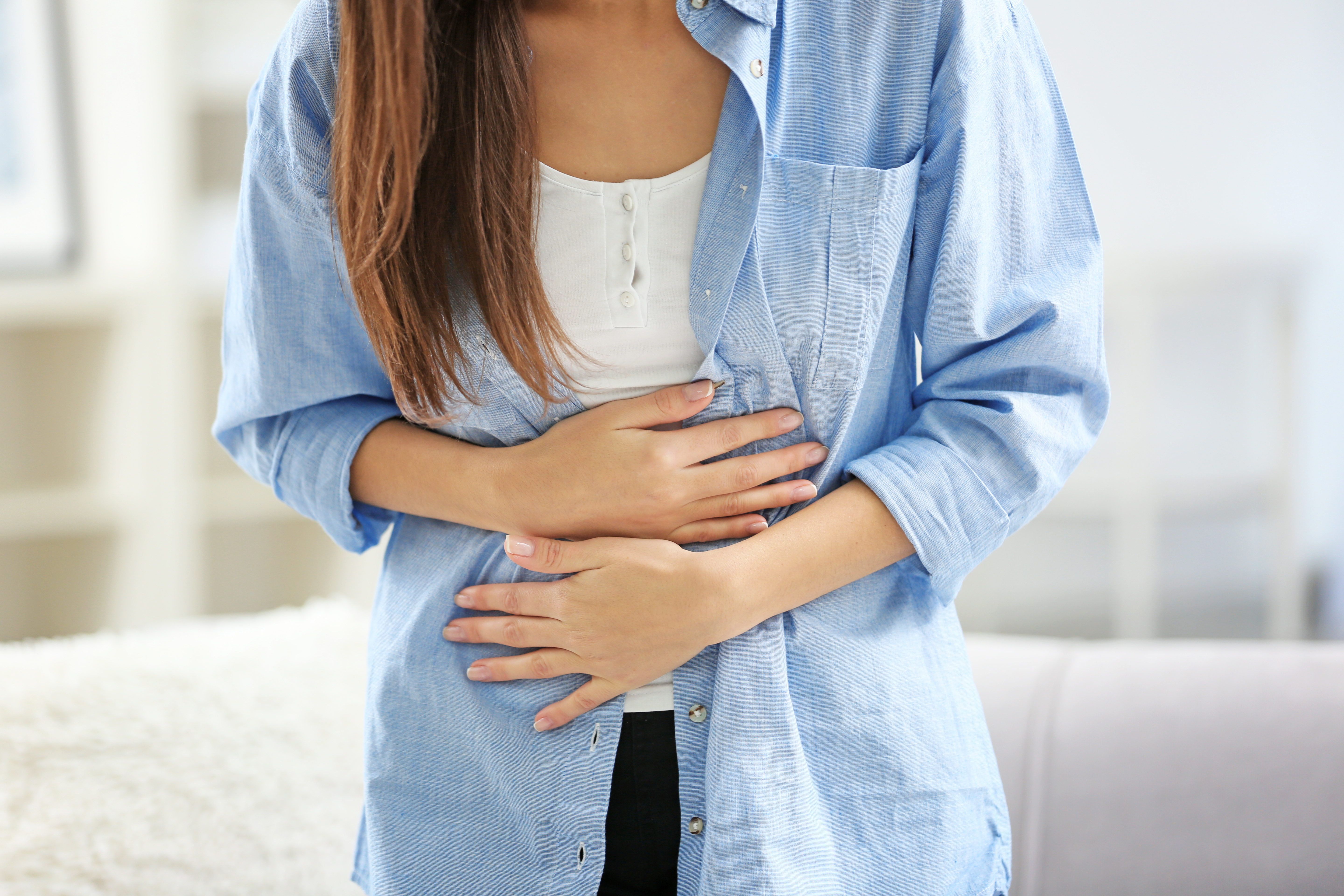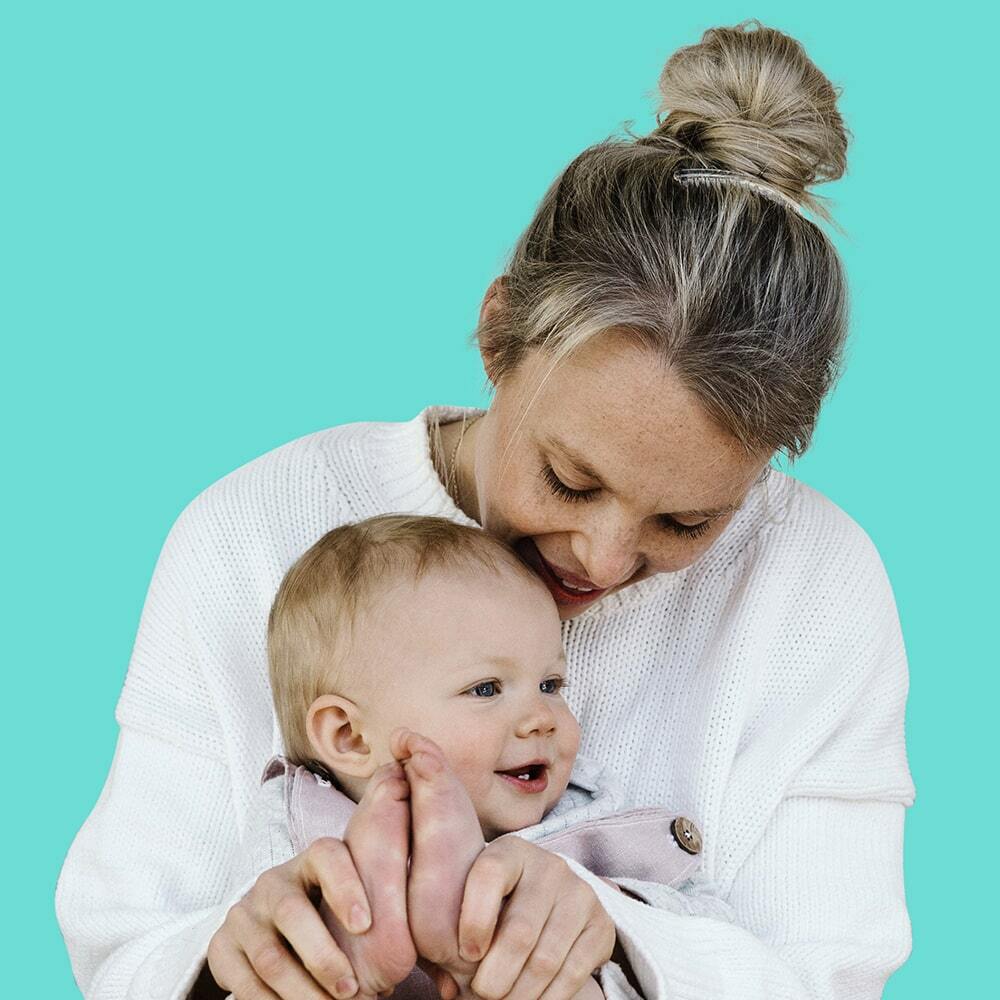Understanding Endometriosis and Fertility
24 March 2017

24 March 2017

Endometriosis is a gynaecological condition that can affect up to one in ten women at some point in their life, with one third of these women are likely to present with infertility.
Monash IVF Fertility Specialist, reproductive gynaecologist and robotic surgeon, Dr Kenneth Leong explains what endometriosis is and how it can affect a woman’s fertility.
Endometriosis is a common condition that can affect a large number of women during their reproductive years. Endometriosis occurs when the lining of the uterus, known as the endometrium, starts growing outside the uterus causing scar tissue and adhesion. This problem results in tissue destruction and anatomical distortion. Eventually the natural function of the reproductive organs is affected which is what can lead to infertility.
Classical symptoms of endometriosis include significant and recurring period pain where regular strong pain killers are required. The pain typically starts during the period but may occur a few days earlier and lasts for variable durations. However, it is important to note that not all women who experience some kind of pain or discomfort during their cycle will have endometriosis. It is this reason that making a clinical diagnosis can often be a challenge. Endometriosis related period pain generally worsens over time and can become resistant to oral pain killers. Some women may develop other pain patterns such as back pain and bowel pain and sometimes the pain becomes more entrenched and presents at times other than during a period. The pain pattern can occasionally be used to help pinpoint which part of the pelvis and its related organ the endometriosis affects.
Some women may not have any symptoms whatsoever to suggest endometriosis. It can often come as a surprise diagnosis discovered during surgery. Because of this, we know that the severity of the disease does not necessarily go hand in hand with symptom severity. Many patients have a “frozen pelvis” where the internal pelvic organs are matted together and they may display minimal symptoms. Whereas others have significant pelvic pain and minimal disease discovered at laparoscopy.
Currently, there is no reliable way of diagnosing the disease without surgery. Imaging modalities such as high resolution pelvic ultrasound scan and MRI performed by specially trained experts may help to diagnose the disease and provide information about severity. However only up to about 50% of cases can be diagnosed using imaging scans.
Endometriosis affects fertility in a number of ways, essentially by the tissue destruction and anatomical distortion. The female reproductive system, including the ovaries and fallopian tubes are quite delicate and are easily compromised by endometriosis.When the fallopian tubes are affected, the delicate fimbrial ends of the tubes are matted together. The fimbria are like the delicate petals of an orchid flower. They sweep the surface of the ovaries picking up the egg during ovulation. When they are destroyed, they lose this function. Hence the fallopian tubes do not have to be fully blocked to loose the function as a conduit for egg and sperm.
Endometriosis may also affect your fertility by inducing inflammatory changes within your pelvis to create a “hostile” environment for the egg, sperm and embryo. The uterus lining known as endometrium is often affected in severe cases of endometriosis and this in turn can affect the implantation of an embryo.
Unfortunately, endometriosis cannot be prevented but early diagnosis helps to prevent disease progression and worsening of fertility prospects. However it is important to remember that not all women diagnosed with endometriosis will experience infertility.
For the vast majority of women with endometriosis who experience infertility, there is good news – there are fertility treatments that can help!
Depending on the severity of the endometriosis, you may require simple medication, or more commonly a laparoscopic surgery procedure to attempt to remove the endometriosis. In many circumstances, women are able to conceive naturally after surgery, however for those who still have difficulty, IVF is an option.
It’s really important for woman to speak with their gynaecologist if they have any concerns or think they may have endometriosis.

Fertility SpecialistMBBS BMedSci FRANZCOG MReproMed
Dr Kenneth Leong is a fertility specialist, advanced reproductive gynaecologist and robotic surgeon with a particular interest in surgical related infertility diseases such as endometriosis. Dr Leong sees a variety of patients, including older women who require the assistance of donor eggs and men with severe male factor infertility.
Dr Leong consults from Richmond and Box Hill. To make an appointment to consult with Dr Leong, please contact us.

Wherever you are on your journey, one of our supportive nurse enquiry team members can help you understand your options and take the next step. These conversations are free and informative.